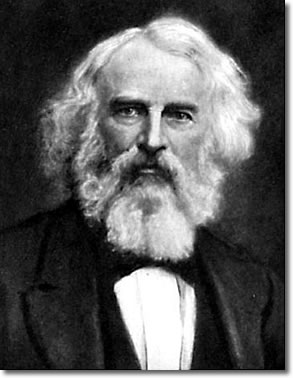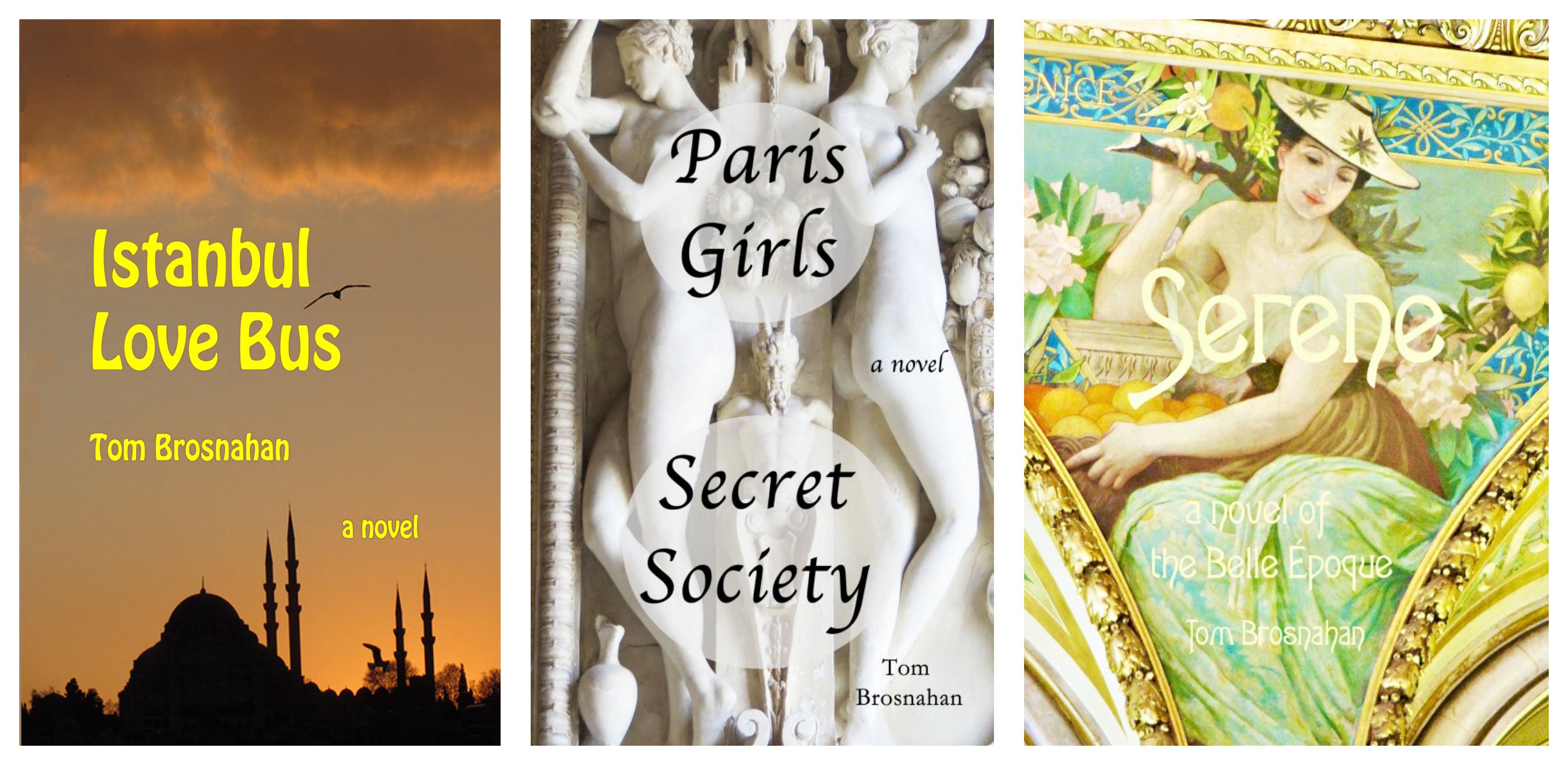Henry Wadsworth Longfellow, Poet
The quintessential 19th-century New England poet wrote "Paul Revere's Ride," "Evangeline" and "The Song of Hiawatha."

Henry Wadsworth Longfellow (1807-1882)
Born in Portland ME, Henry Wadsworth Longfellow (1807-1882) attended Maine's Bowdoin College, later became a professor there, and also at Harvard College in Cambridge MA, where he spent most of his life.
His stirring, musical, lyric poems captured the spirit of America in mid-century 1800s, when American literature was struggling to depart from European forms and subjects and create a new American literary voice.
"Paul Revere's Ride" made the Boston silversmith immortal:
|
Listen my children
and you shall hear He said to his friend, "If the British march |
Reading Longfellow's stirring words, it's easy to forget there were two other messengers, William Dawes and Dr Samuel Prescott, riding out with Revere to raise the alarm. Alas, they had no Longfellow of their own...
Longfellow's work was controversial during his lifetime. Although he was a friend of Ralph Waldo Emerson's, his poetry was criticized as "children's verse," perhaps because of its accessibility and romance.
However that may be, he was the most famous and successful poet of the time, and is the only American poet to have a bust in the Poets' Corner of London's Westminster Abbey.
You can visit Longfellow's grand house on Brattle Street in Cambridge MA.
